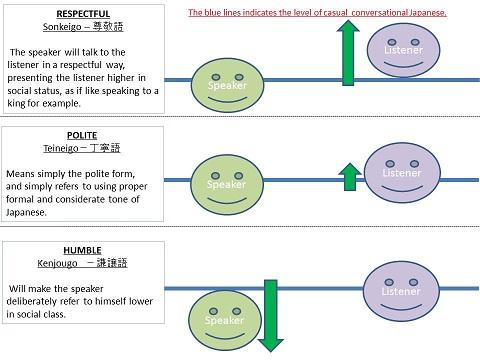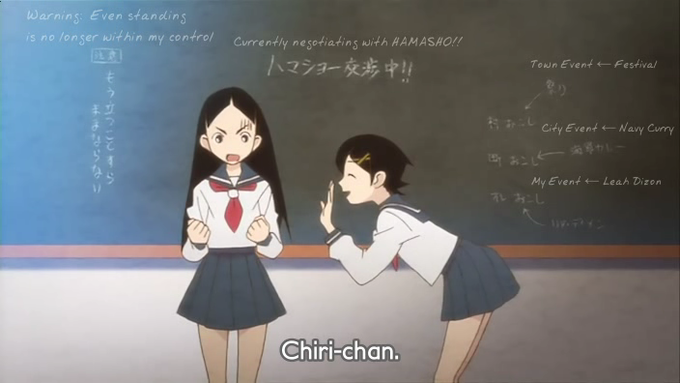Japanese Honorifics
Part of a series on Otaku. [View Related Entries]
[View Related Sub-entries]
About
Japanese Honorifics are suffixes used in Japanese language to address or refer to different types of people. They are often used online by anime or Japanese culture fans.
Origin
While the first instance of their use online in unknown, honorifics are an important part of the Japanese sociolinguistics. Normally they are used when one is referring to one's interlocutor, as using on oneself is often seen as arrogant. Dropping the honorific implies a high degree of intimacy and this action is often reserved for close friends, one's spouse, or social inferiors (for example, a teacher addressing his students). The honorifics fall into three different categories depending on the type of speech the speaker is using (shown below).

Spread
Some honorifics were popularized within the Western audience thanks to anime fansubs and manga fan scanlations, in which they are often featured. These usages predate their online usage.


Japanese honorifics are in wide conversational use on anime fan-boards and forums, and their use has spread to other subjects where users might have an overlapping interest in anime, including the user forums of 4chan.org and the chat boxes of Twitch.
Various Examples
Chan
-Chan is a diminutive suffix, normally used on little girls and cute things.[4] On the Internet, it's normally used as suffix on nicks given to cute girls or characters, like Creepy Chan or Ebola-Chan.
-Tan, a children's slurring of the -Chan, is also used in this context, and often featured in website anthropomorphism.


Senpai
-Senpai (or -sempai) is a suffix used to address students in higher grades than oneself in school.[5] The use of senpai relation with students as a common topic on romantic manga and anime spawned a series of parodies related to the catchphrase I hope senpai will notice me.


San
-San is a suffix used as a way to show respect. The closest English analogues are the honorifics "Mr.", "Miss", or "Mrs."[6] On the Internet, it's normally used as a generic way to refer to Japanese people, since it is the most common honorific. Translator San and Aka-san are some examples of its use.
-Sama is a more honorable version of -San, often used to designate someone even more honorably.


Sensei
Sensei is a suffix used to designate the master of any profession. It is often used to refer to people who are teachers or scholars by adding it to their end of their name or surname. Sensei can also be used as a direct address, without any name at all. Online, the usage is similar to the real world usage, however sensei often used sarcastically to refer to someone who is actually a noob.
A commonly used phrase is "Teach me Sensei," which is then attached to either an image of someone having great success at dating or sexual conquest, or an image of someone making a foolish mistake. As of March 2015, content sharing site 9Gag[8] had 81 entries using the word in the title.

Search Interest
External References
[1] TVTropes – Japanese Honorifics
[2] Animanga Wiki – Japanese honorifics
[3] The Mary Sue – Otaku Dictionary: Japanese Honorifics
[8] 9Gag – Search: Sensei
Recent Videos
There are no videos currently available.








Top Comments
Evilthing
Mar 31, 2015 at 12:19PM EDT
winton overwat
Mar 31, 2015 at 04:32PM EDT in reply to